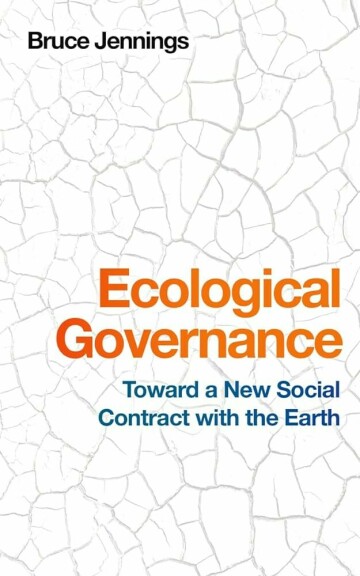News & Articles
Browse all content by date.

There have been a number of climate updates from around the world over the past month.
March 6: Environmental Research Letters published a study which indicated that because of severe droughts in different regions around the planet, the soil will be releasing more carbon dioxide and other greenhouse gasses into the atmosphere.
March 16: the United Nation's Food and Agriculture Organization reported that Central America lost at least 20% of its forests between 1990 and 2020.
March 18: Brazil's Rio de Janeiro reached a record heat index of 144.1 Fahrenheit degrees and two days later South Sudan closed its schools in preparation for a heatwave of 113 Fahrenheit degrees.
March 21: global CO2 levels reached a new high of 426.44 ppm.
In thinking about these climate events, and then reflecting back to April 2021 when the Duluth City Council passed the climate emergency resolution, I've often wondered if our city has taken the high road in responding to the numerous climate challenges that we now face.
Don't get me wrong. There have been a few promising initiatives, including the hiring of a sustainable officer and developing a climate action plan for city government. But we have to ask ourselves. Could our city - all of us - been doing more?
Bruce Jennings, in his book Ecological Governance: Toward a New Social Contract with the Earth, wrote “the ideas and institutions upon which our current capabilities to respond collectively to climate change rests are out of step with the natural realities and threats we are discovering. Our collective capability to take climate-stabilizing action is in question. The accumulating body of scientific knowledge and evidence concerning the anthropogenic causes of climate change lends a very high degree of confidence about the challenge, but science alone seems incapable of mustering decisive political action. The human source of climate change is certain, but the human capacity to respond is not.”
In Duluth, have we mustered decisive political action? Do we have the ideas and institutions to respond to climate change? What is our capacity to address this ever growing climate reality?
Taking the high road is about doing the right thing. Making the ethical choice. Choosing a more honorable or ethical course of action.
It would appear that we haven't always taken the high road. And it would also appear that we have a few potholes on our high road that have held our city back or made it more difficult to make the right decisions and choices in addressing this climate emergency.
The potholes in Duluth would have to include the Chamber of Commerce, some of the trade labor unions, Minnesota Power, Duluth's mayor and various members of the city council, and a variety of large public and private institutions which are more interested in protecting their assets and properties than participating in a collective conversation and collaboration to address climate change.
These groups and individuals don't seem to have a deep appreciation of the many environmental and ecological challenges that our city is facing. In fact, they have often been resistant or refused to seriously consider the climate reality in which we live.
Other potholes would include the lack of a climate commission or task force, and a citizen's climate assembly. Also, there appears to be no visible efforts to address climate anxiety and other related mental health concerns for especially our young people.
Two more potholes are the now outdated climate plans for our city as well as an apparent lack of interest in bringing our community stakeholders together to discuss how we plan to welcome and integrate all of the climate migrants who will be moving here from around the U.S and other countries, while at the same time, still meeting the basic needs of those who already live in Duluth.
2023 was the hottest year on record. And many scientists and experts are saying that 2024 will be hotter.
Given this climate reality and the current climate projections within the next 20-30 years, is Duluth prepared to effectively respond to our climate emergency and address such issues as rising temperatures, expanding wildfires, periods of severe droughts, and the growing needs of our vulnerable populations?
Watching everything that is taking place in Duluth, northern Minnesota and around the U.S., I find myself thinking of Marvin Gaye's song What's Going On and in particular the lyric “you know we've got to find a way to bring some understanding here today.”
Does Duluth understand what's going on? Will we find a way to take the higher road to address climate change and not let the potholes prevent us from creating a more resilient, sustainable and environmentally just city for everyone?
| Tweet |


